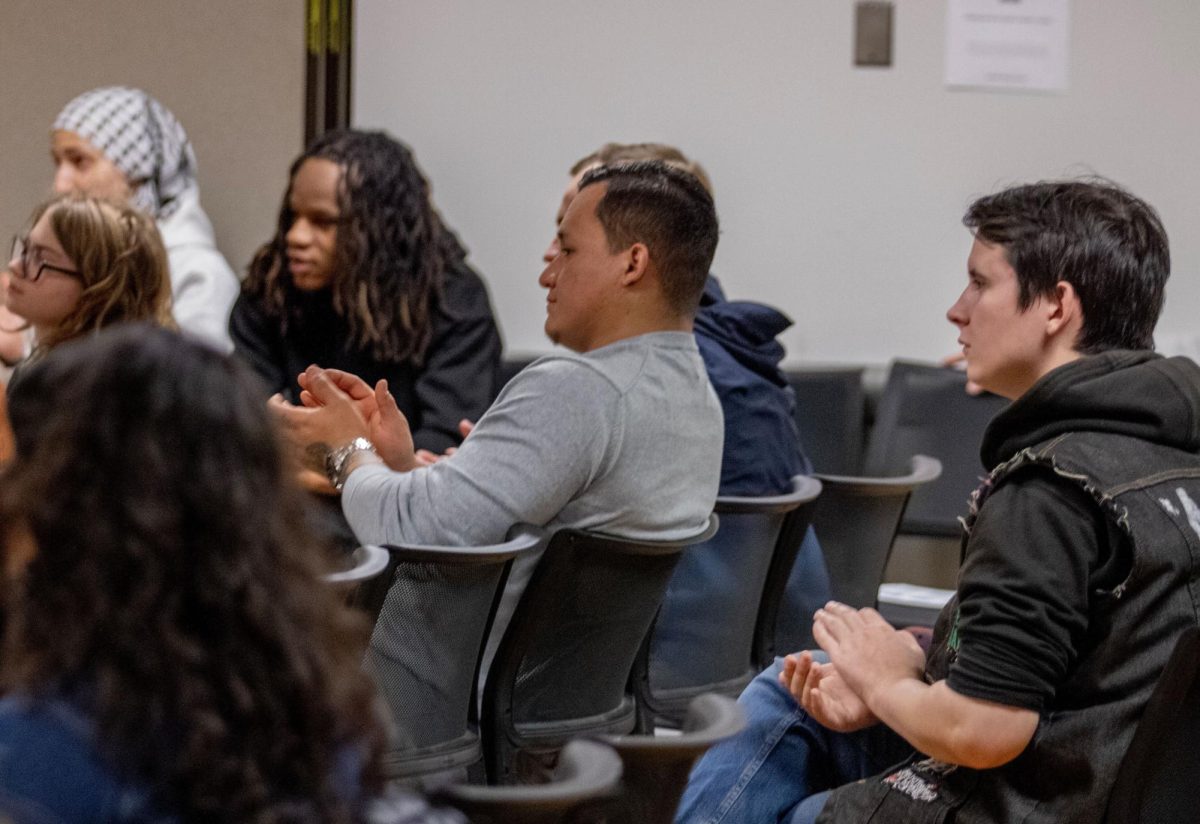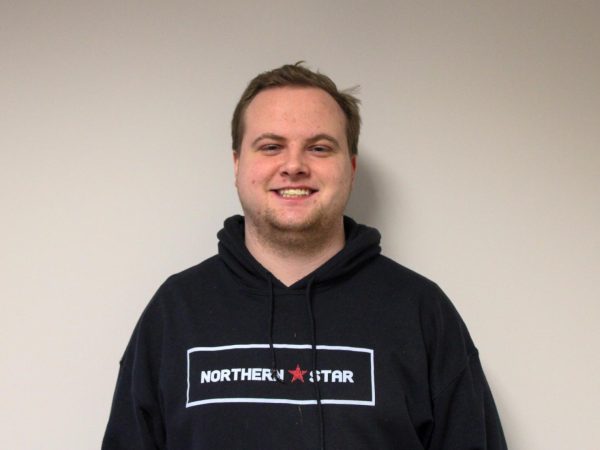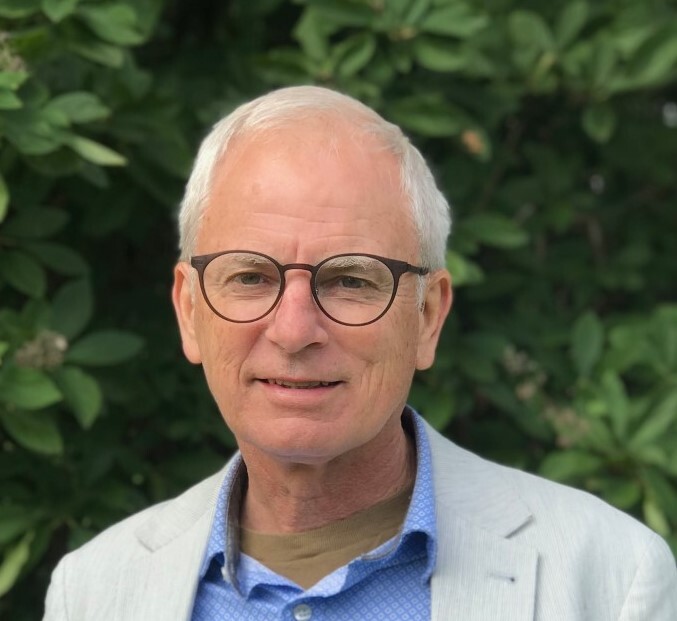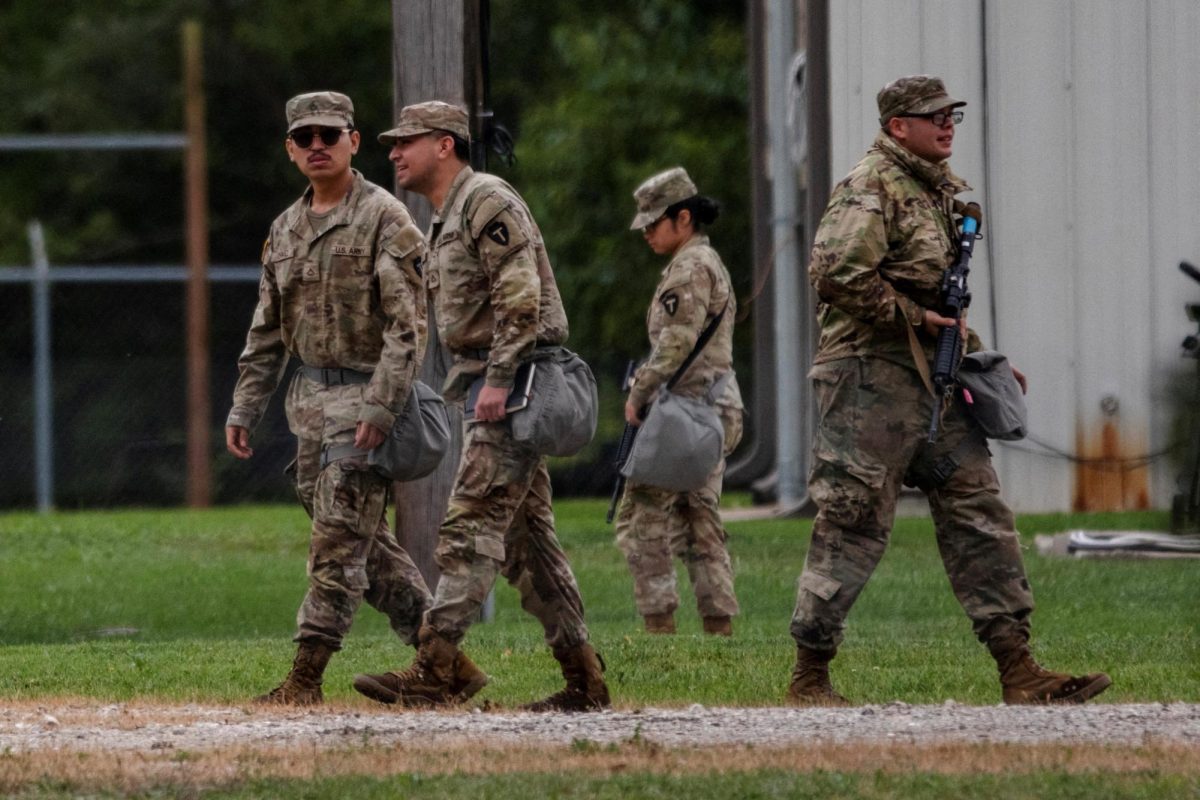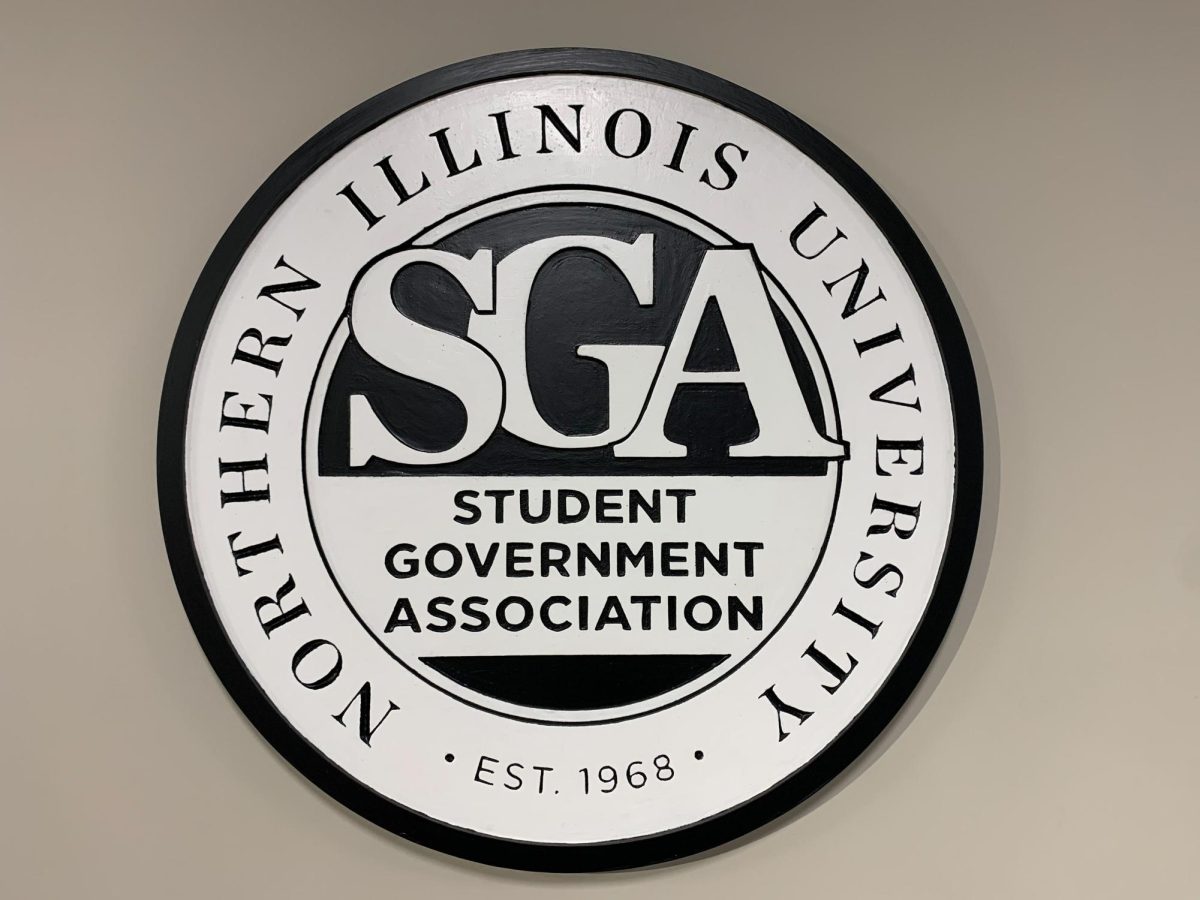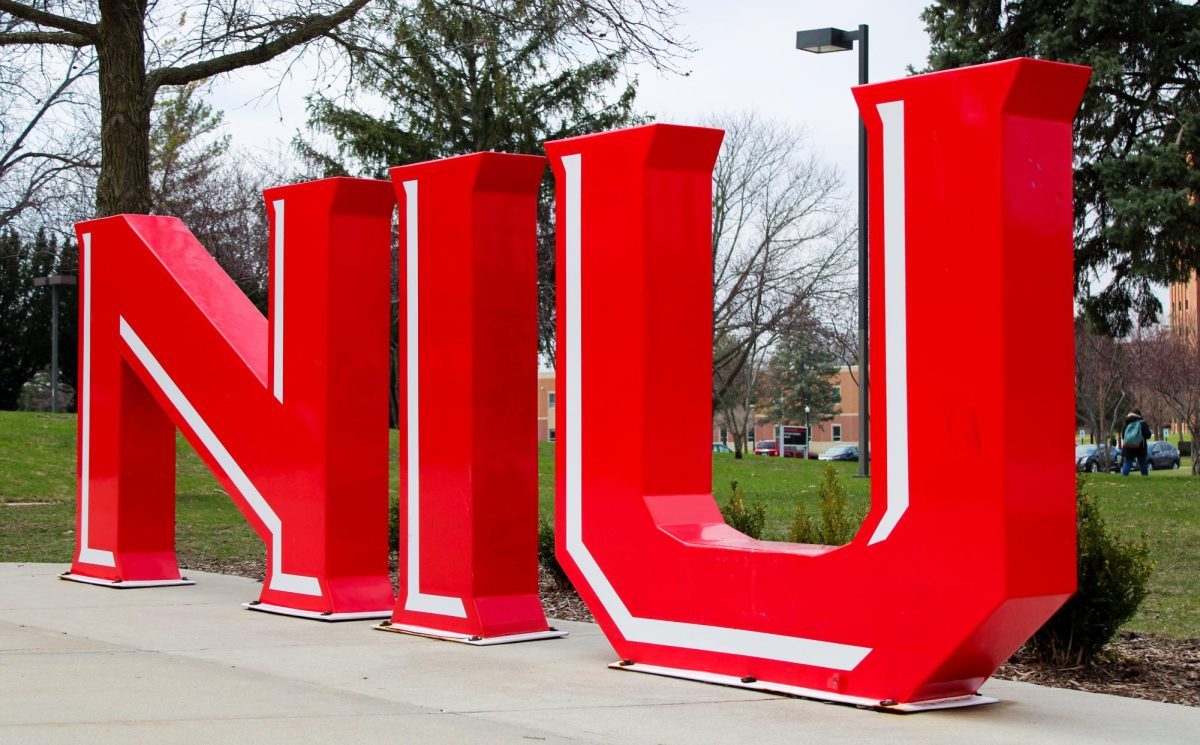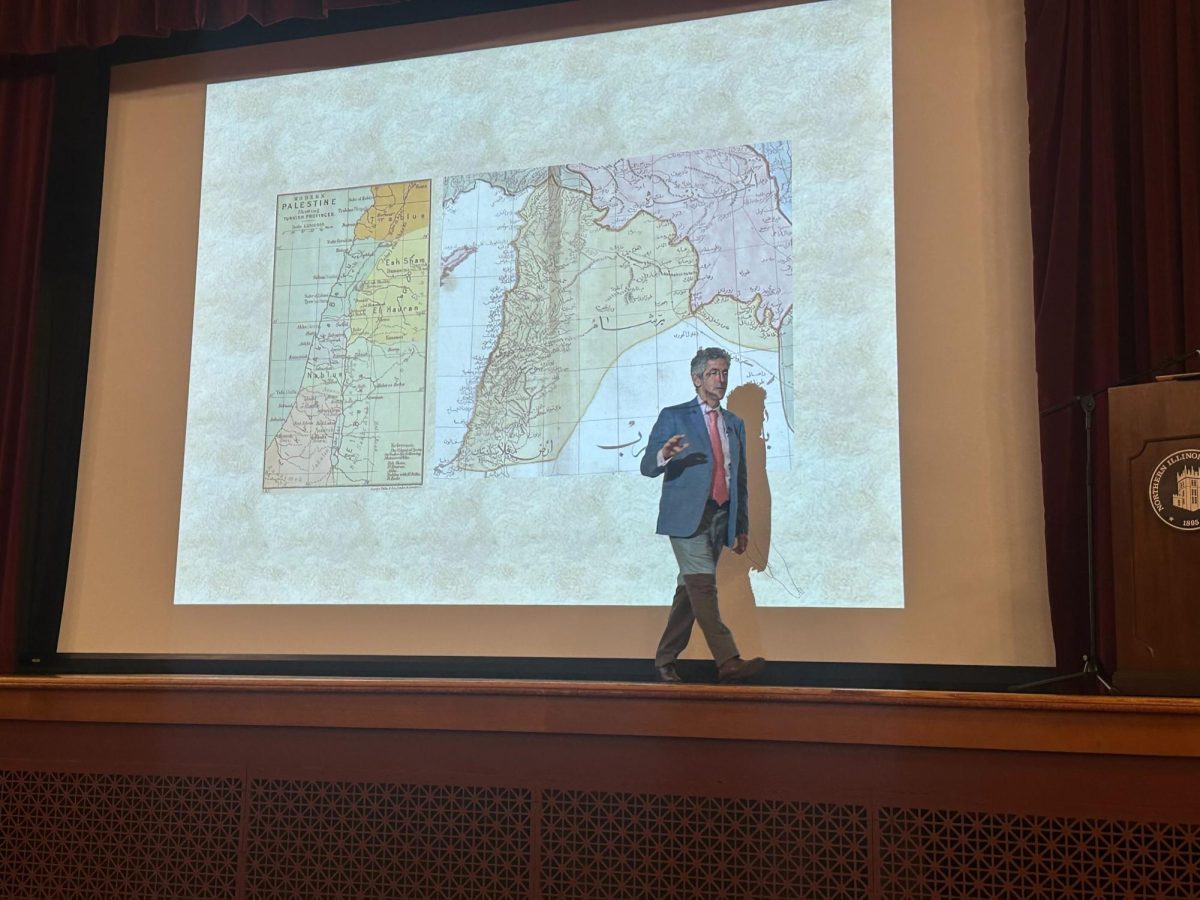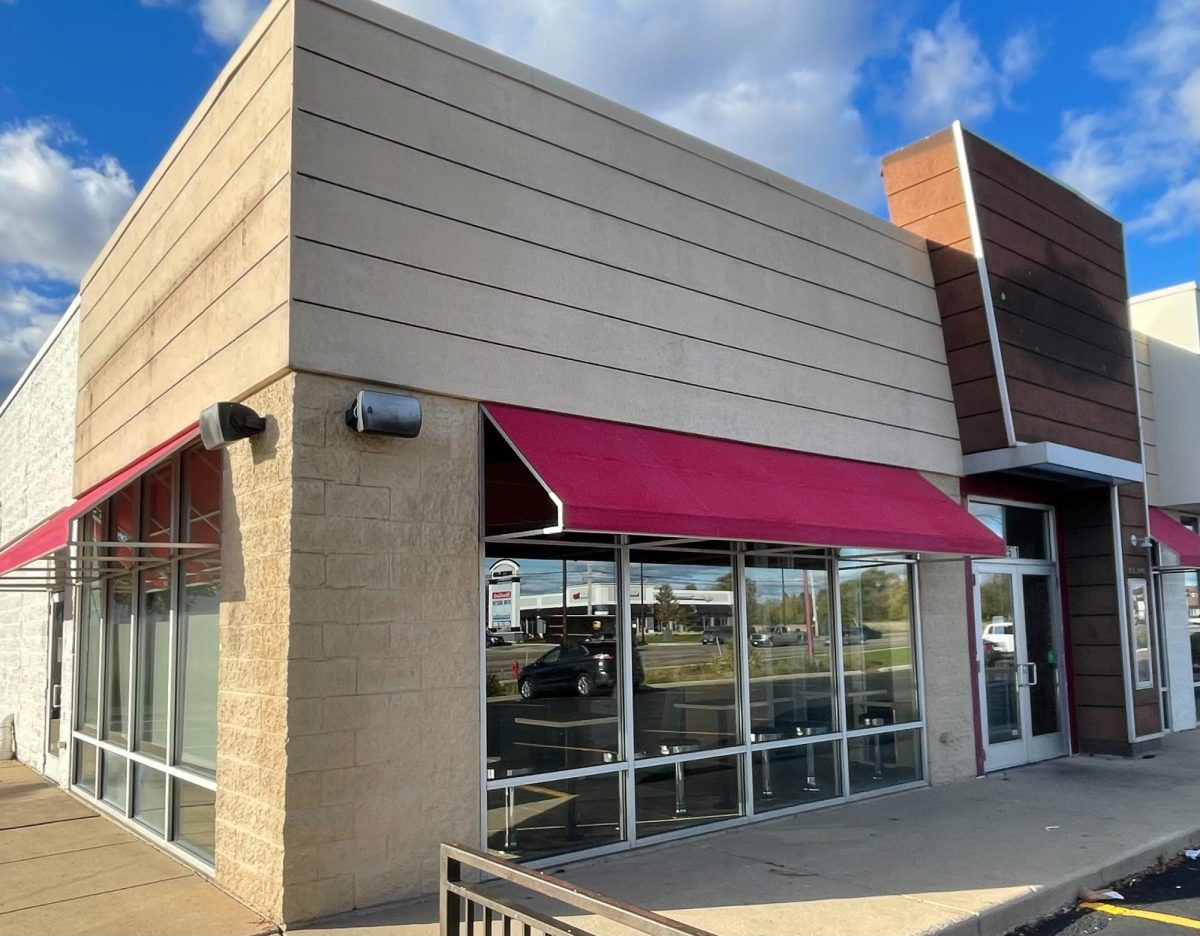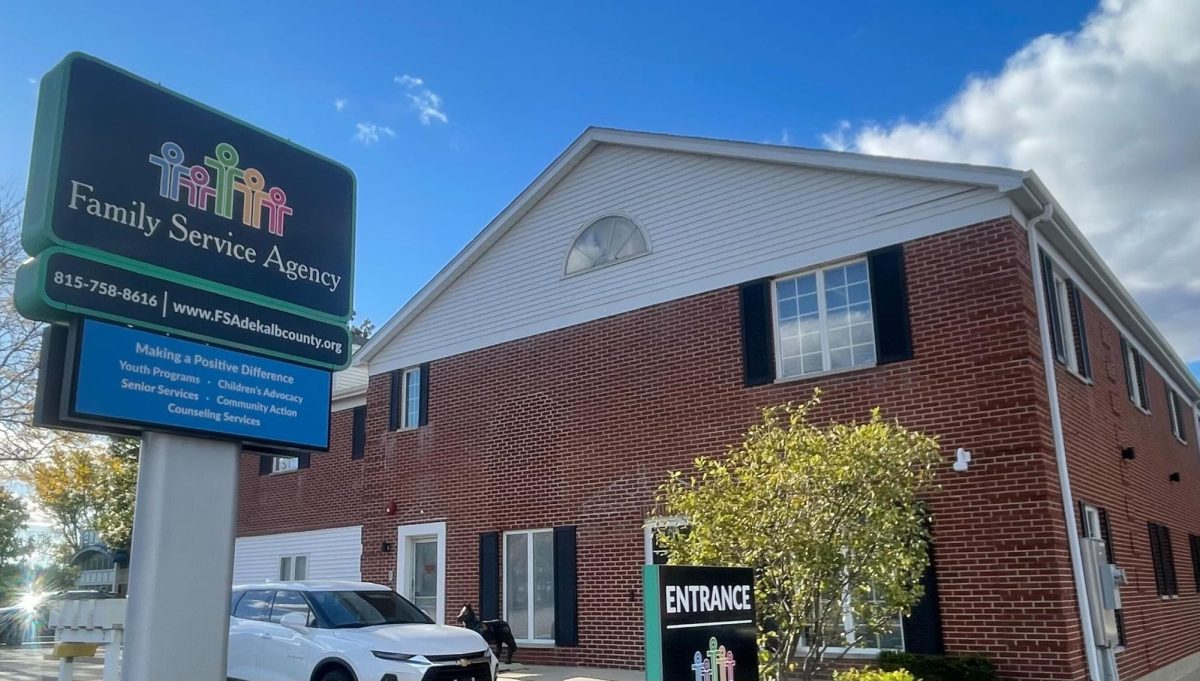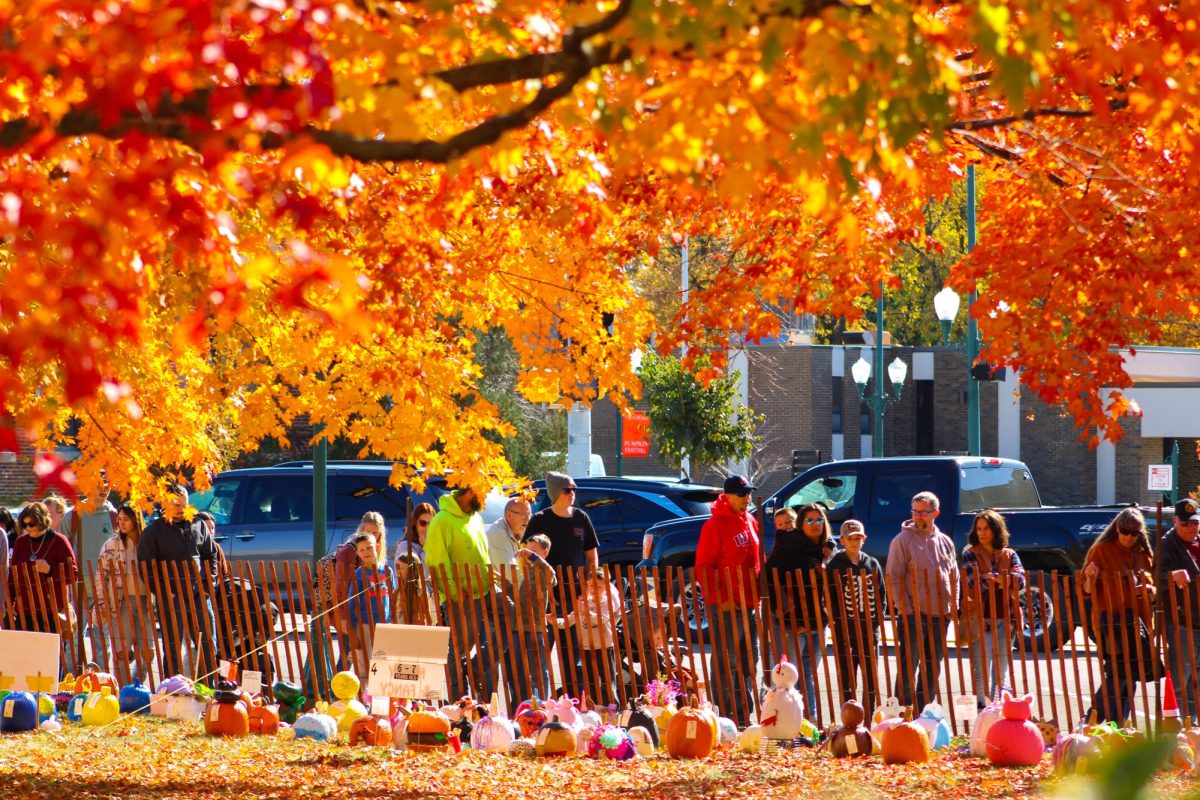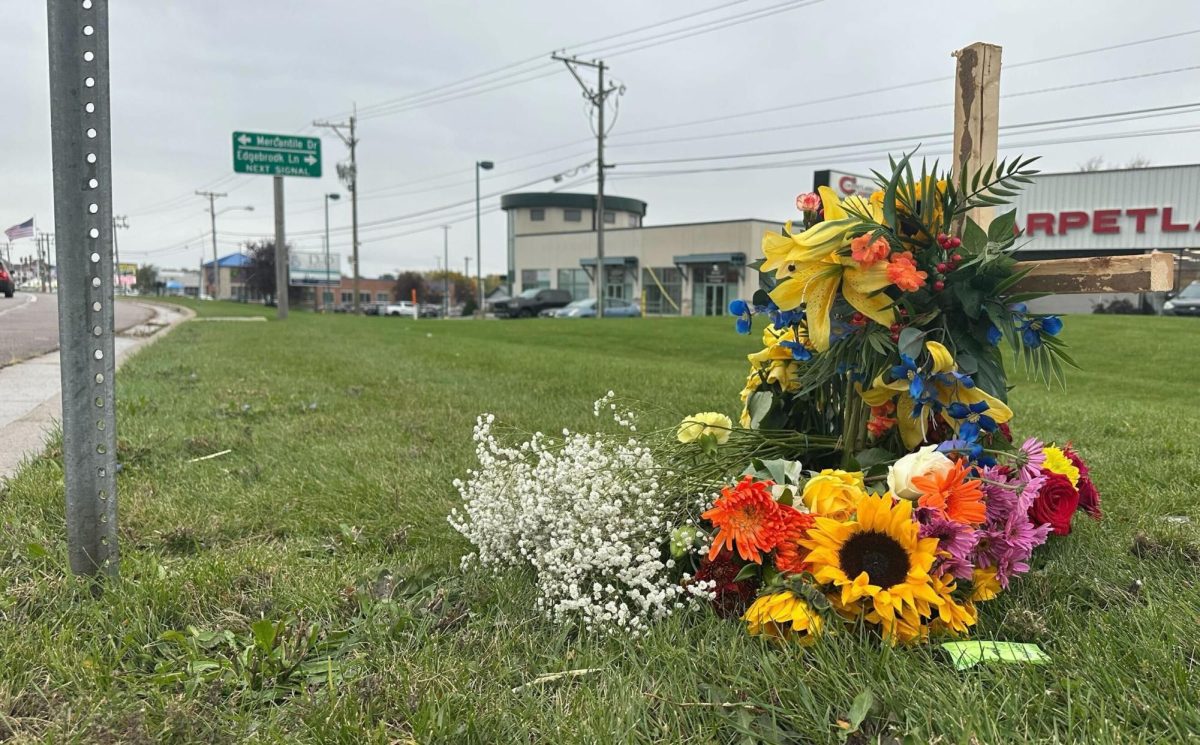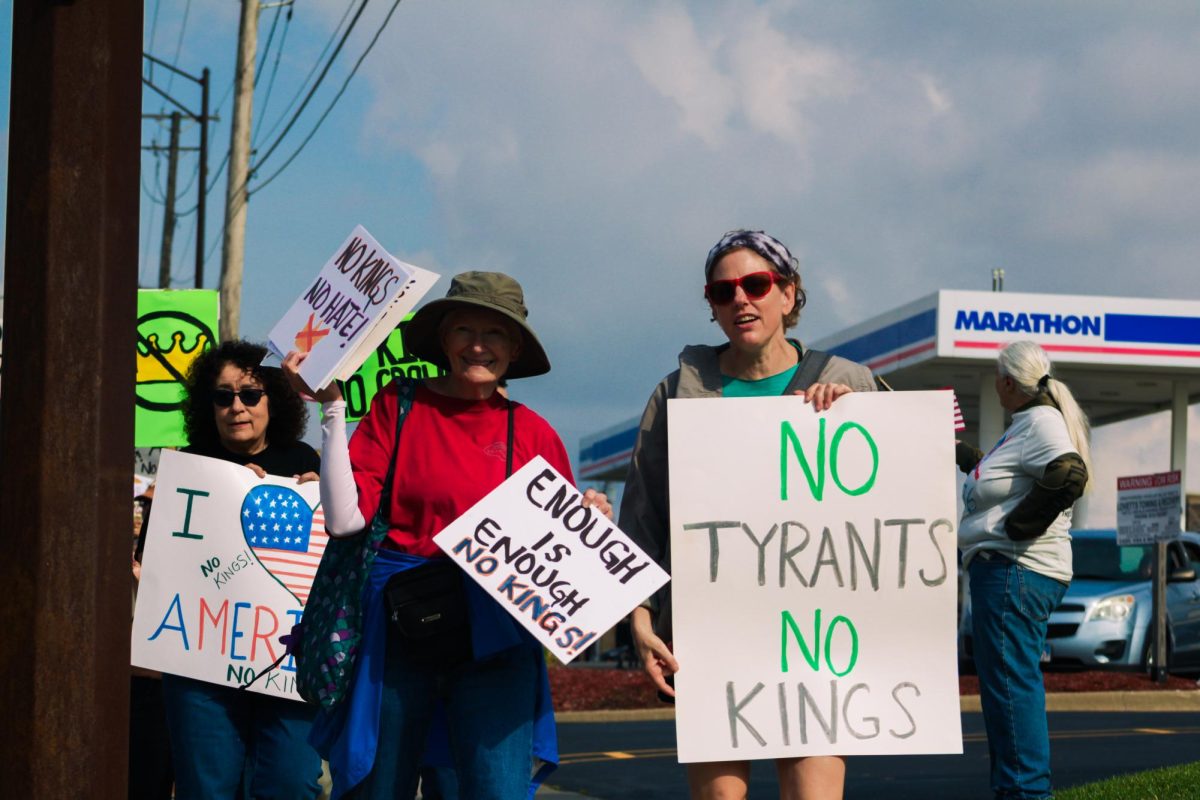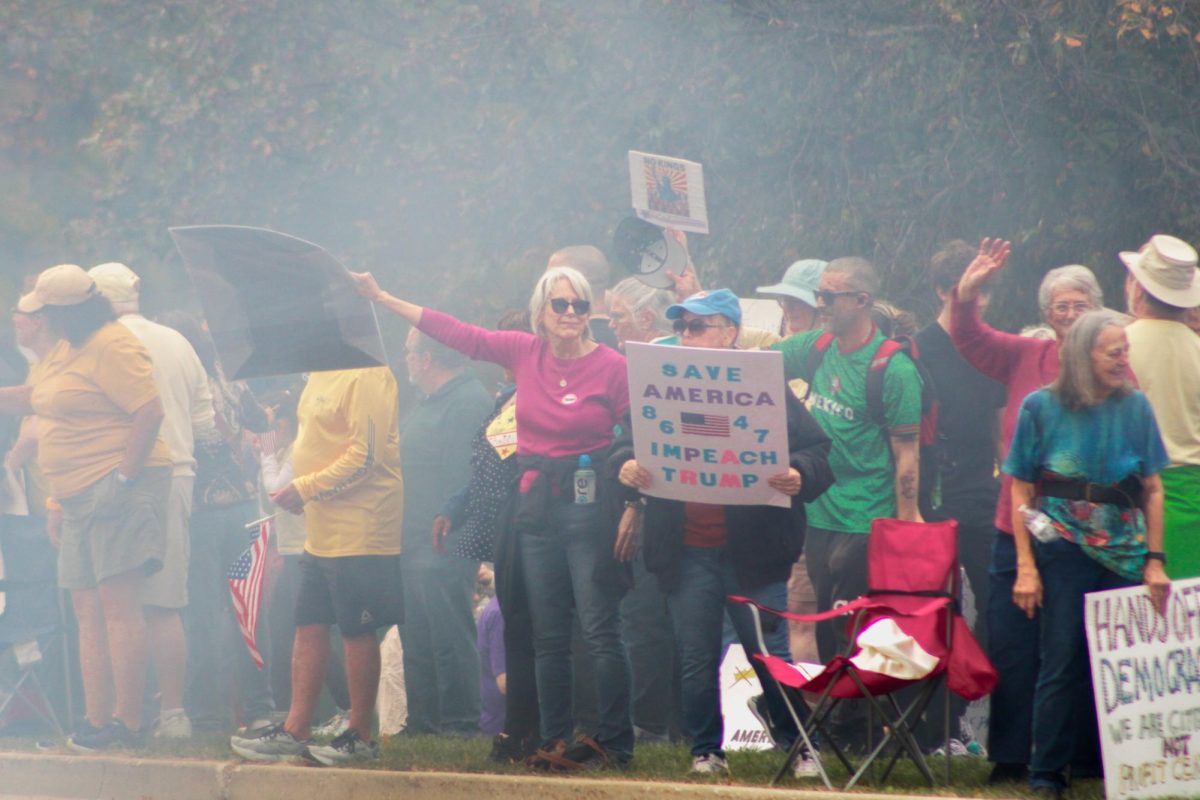DeKALB – To support Gaza and educate students, several NIU organizations came together to host a panel addressing questions regarding the Israel–Palestine conflict.
The panel, hosted by the Arab Students Association, Muslim Students Association and Young Democratic Socialists of America, took place from 7 p.m. to 9 p.m. Wednesday in the Holmes Student Center’s Capitol Room. Panel questions were answered by five guest speakers and ran until 9:30 p.m.
Abdel Salem, the founder and president of the Arab Students Association, asked a series of about eight questions to the five guest speakers, many of them answering each question individually.
About 60 individuals attended the panel.
Salem described the panel as a way to provide information to students they are not receiving through Western media outlets.
“What’s happening in Gaza is being heavily misrepresented by Western media outlets, and so, the whole purpose of this event is to kind of give you an insight on the reality of truths that are unfolding right now in the region that Western media outlets are failing to represent,” Salem said.
Guest speakers were Emily McKee who holds joint appointments with the Anthropology Department and the Institute for the Environment, Sustainability and Energy at NIU, Martin Levine, an advocate for social change and founder of the Jewish Alliance for Economic Justice, Nader Alghoul, a Ph.D. candidate in political science at NIU and a Palestinian, Rami Abumasmah, a hematologist and medical oncologist from Gaza, Palestine, and Tarek Khalil, an attorney and social activist.
Levine attended the panel through Google Teams while the other speakers attended the panel in-person.
The panel began with Salem asking questions surrounding the history of the Israel–Palestine conflict and how prior legislation has contributed to the severity of the conflict.
McKee explained the Balfour Declaration of 1917 and how it encouraged Palestine to become a state with a Jewish majority, when at the time, Palestine had a Jewish minority and an Arab majority. The declaration was created by Great Britain.
“The Balfour Declaration itself was a manifestation of some of the promises the British made to the Zionist movement at the time,” McKee said. “Though it included a caveat not to impinge on (the) civil rights of non-Jews, it also was what led to the large influx of Jewish immigrants to what was then Palestine.”
According to Alghoul, the declaration was problematic as it infringed upon the rights of other religions – Arab, Christian and the present Jewish minority – by attempting to shape Palestine into a Jewish state.
“So, this declaration itself was problematic,” Alghoul said. “The British gives a land that Britain doesn’t own to the Jewish people who doesn’t have a right to this land because those people migrated from other areas. The Jews of Palestine have a right because they’re indigenous from this land, but to us, the people to migrate and convert this land to a Jewish state was problematic.”
According to Abumasmah, the conflict was a mix between religious issues and territory being taken from Palestinian natives. He also believed Zionism had a part to play in the origin of the conflict.
“So, I think the mix between this national Zionism and religious Zionism somehow made the conflict mixed between a struggle or conflict of the land and a religious conflict somehow,” Abumasmah said.
According to Alghoul, although the Israeli–Palestinian conflict has persisted for decades, since October 2023, at least 30,000 lives have been lost. The Israel government suggests Palestinians move to Egypt, but given their inability to get back into Palestine, they are staying at home in Gaza and facing severe consequences.
“So they decided to stay and that’s why they’re paying a heavy price,” Alghoul said. “They’re dying in thousands because they refuse to leave their land because they know if they move out just a few months to Egypt, they will not come back to Gaza.”
Both Abumasmah and Alghoul lost loved ones from this conflict. Abumasmah said he lost 120 family and/or friends, including his grandfather who died three weeks ago. Alghoul lost 22 family members.
“I lost my family there,” Alghoul said. “They (Israeli government) intentionally killed in their house, just in one chomp, 22 with children, and the whole family killed. In the same night, 800 people killed.”
Lilah Fosmore, a senior double-major in anthropology and environmental studies, explained how the panel taught her the intertwined the history associated with this conflict is and how it ties in with racism and other nationalist agendas. Fosmore attended the event to support Gaza.
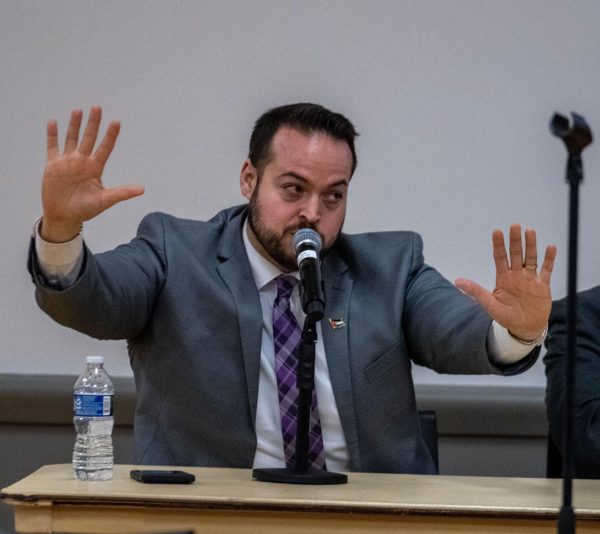
“The history in the region goes very deep, and this genocide is a coalition of a long history of racism and colonialism, which I wasn’t as aware of before I came here, so its been good to be aware,” Fosmore said. “It’s been a long time coming; this has been building for a long time.”
The panel ended with attendees approaching the panel and asking questions to the speakers. The speakers encouraged students to stay aware of what the media is portraying and accounted for the danger Palestinians are facing.
“Over 200 Palestinians were shot down like human animals while protesting peacefully for their rights,” Khalil said. “Israel was able to cut off the water; cut off the electricity; cut off the fuel; cut off the water supply. If you did not have control over us, how were you able to do that overnight? It’s just simple common sense at that point.”


